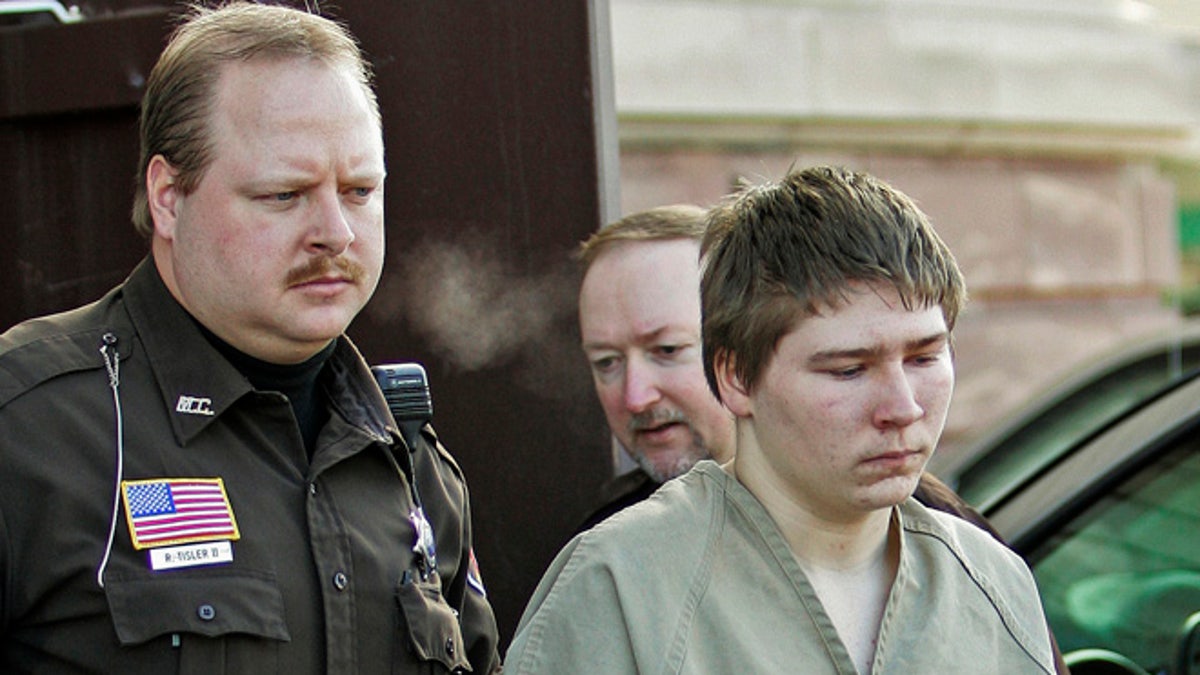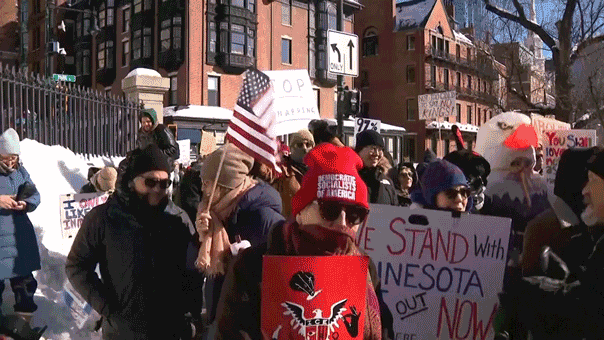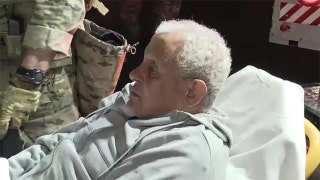
Brendan Dassey, pictured here in 2006, was convicted of helping his uncle kill a woman in a case profiled in the popular Netflix series. (AP Photo/Morry Gash, File)
MADISON, Wis. – A man whose homicide conviction was overturned in a case profiled in the Netflix series "Making a Murderer" was ordered released Monday from federal prison while prosecutors appeal.
U.S. Magistrate Judge William Duffin ordered Dassey's release contingent upon him meeting multiple conditions. The judge ruled in August that investigators tricked Dassey into confessing he helped his uncle, Steven Avery, rape, kill and mutilate photographer Teresa Halbach in 2005. The state has appealed that ruling.
Dassey's attorney, Steve Drizin, said he had not spoken yet with Dassey, but he hoped to have him out of prison in time to spend Thanksgiving with his family.
"That's what I'm focused on right now, getting him home, getting him with his family and then helping him to re-integrate back into society while his appeal plays out," Drizin said.
A spokesman for Wisconsin Attorney General Brad Schimel, who had asked that Dassey not be released from prison pending the appeal, had no immediate response.
Dassey's supervised release was not immediate. He had until noon Tuesday to provide the federal probation and parole office with the address of where he planned to live.
Drizin would not say where Dassey plans to live.
Dassey was 16 when Halbach died. He's now 27.
Duffin ruled in August that investigators made specific promises of leniency to Dassey and that no "fair-minded jurists could disagree." He cited one investigator's comment early in the interview that "you don't have to worry about things," plus repeated comments like "it's OK" and that they already knew what happened.
Schimel, in his appeal, said investigators didn't promise leniency and they specifically told Dassey that no promises could be made.
Halbach was killed on Halloween 2005, after she visited the Avery family's salvage yard in Manitowoc County. Investigators allege Avery lured her there by asking her to take photos of a minivan. Dassey was sentenced to life in prison in 2007. Court documents describe him as a slow learner who had poor grades and has difficulty understanding language and speaking. Avery was convicted in a separate trial and was also sentenced to life in prison. He's pursuing his own appeal.
Their cases gained national attention after Netflix aired "Making a Murderer" last year. The series spawned widespread conjecture about the pair's innocence. Authorities who worked on the cases said the series was biased, but it generated calls from the public to free both men.









































